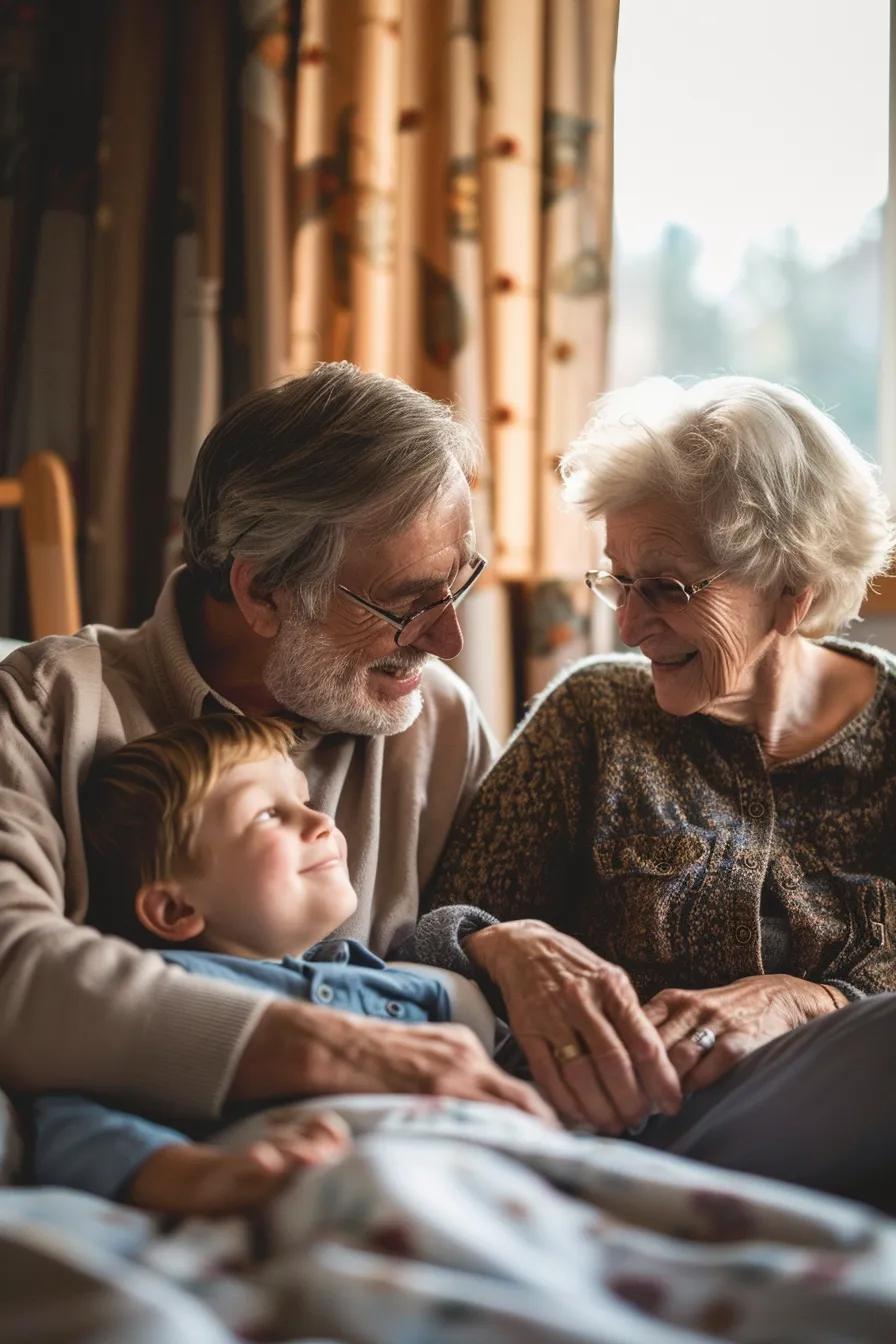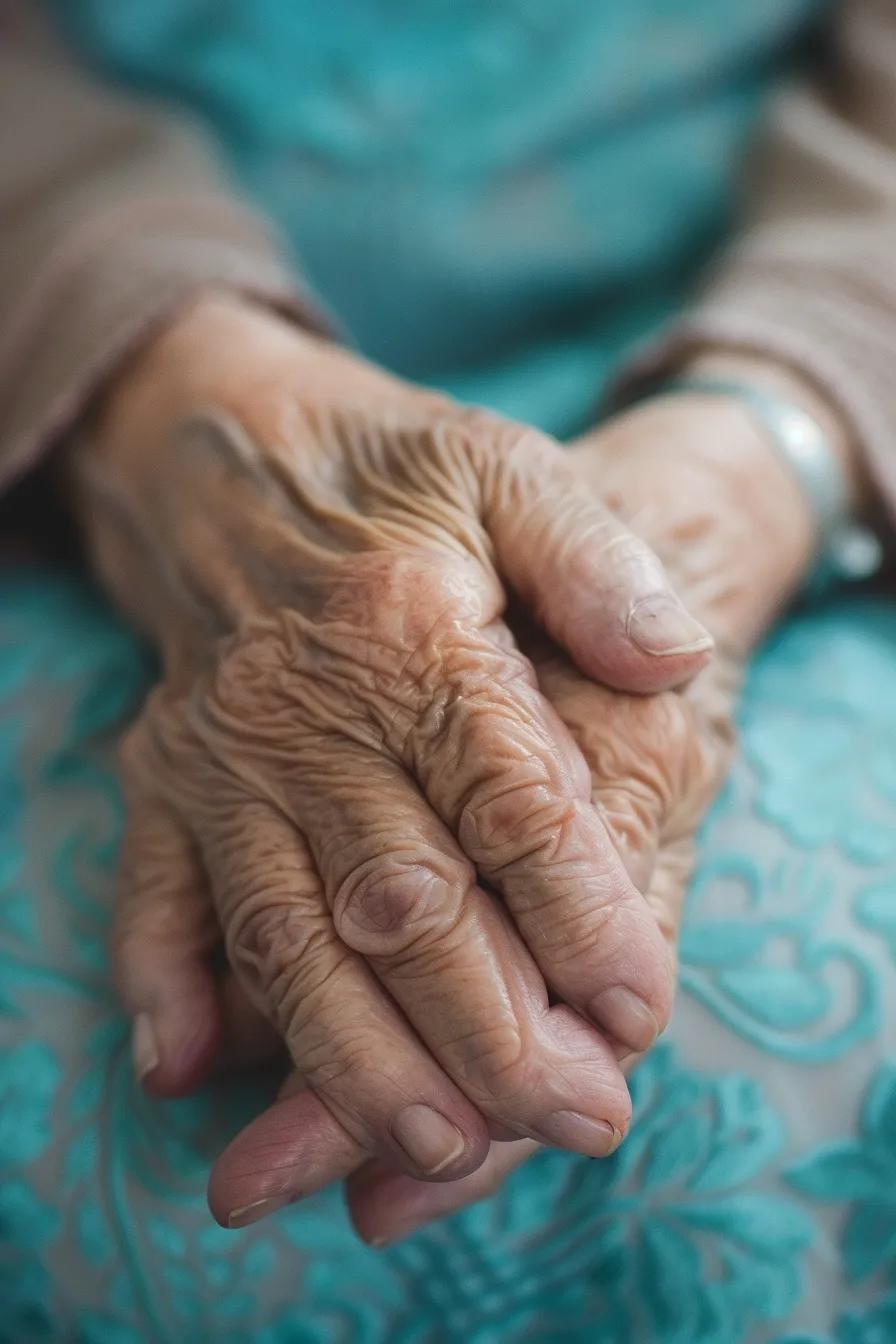It’s hard to imagine someone you love being ill and unable to get a cure for their illness. While it’s difficult for the surviving family members, it is equally (if not more) difficult for the affected patient.
The reality of someone reaching the end of their life is disheartening and painful. But for families caring for someone whose prognosis is measured in months (not years), the primary goal is to provide comfort and improve the patient’s quality of life. Hospice services can be the ideal solution in this case. This guide provides an overview of hospice services in Chino and how you can leverage a team of professionals to provide specialized care that offers comfort and dignity to the patient.
Overview of Hospice Services in Chino
Hospice care is provided to patients with terminal illnesses or those with a prognosis that gives them a life expectancy of six months or less. The physicians attending to the patient will provide a medical certification that the patient’s condition has run its course, which means they can benefit from specialized care as they forgo the treatments that can have debilitating effects on their health.
It involves an interdisciplinary medical team to address the patient’s physical, medical, mental, and psychological needs. It also requires the full support of the family members and caregivers.
The approach to hospice care is patient-centered; it means there is strong coordination of the methods and goals for providing care. You can make special arrangements to ensure the patient can spend more time with family members or relive important memories or objects.
Compassion is a crucial element as the patient receives end-of-life care from professionals.
Why is Hospice Care a Compassionate Option?
As mentioned, showing compassion and dignity to a patient with a terminal illness is highly important. With so many options for providing care for the patient, it’s crucial to understand why hospice care is a compassionate choice.

1. It comforts the patient and provides relief from pain.
Hospice care is a compassionate end-of-life option for patients with severe and incurable illnesses. The services provided by an interdisciplinary team range from symptom and pain management to ensuring they are comfortable for the remaining days of their lives. The focus shifts from curing their illness to managing physical discomfort and mental distress associated with their illness. Simply put, you want them to live the rest of their lives easily.
Aside from addressing their physical pain and symptoms, there is also a focus on addressing spiritual and psychological issues. This is a holistic approach that helps the patient to come to terms with their illness and to allow it to run its natural course.
Hospice care is not about prolonging the patient’s life. Subjecting them to more medical interventions could add to the patient’s stress and anxiety, which defeats the purpose of hospice services.
2. It offers full support in every aspect of life.
Hospice care is the best way to deal with a patient nearing the end of their life because it offers comprehensive support and services. Contrary to popular belief, hospice care isn’t just about providing medical care and treatment to patients. It is also about providing support that goes beyond the medical aspect. It includes caring for the patient’s emotional and mental well-being. Hospice care providers strive to build a stress-free atmosphere wherein the patient experiences emotional and physical relief from their medical condition.
Some hospice care providers offer spiritual services for end-of-life patients. Additional hospice services include nutrition counseling and emotional support. Care providers aim to help terminally ill patients achieve their purpose and find meaning in their lives so they can live out the rest of their lives with dignity.
3. It promotes the patient’s emotional well-being.
Hospice care providers understand that improving a patient’s end-of-life care involves more than just attending to their physical needs. It also deals with the emotional components of a patient’s health. Eliminating or managing pain involves the emotional issues of dealing with their terminal illness.
Therefore, hospice services in Chino involve the family members providing emotional support and individual counseling for patients. The care providers also involve the family when making crucial end-of-life choices for the patient, ensuring that patients won’t have to deal with the stress of making those difficult decisions.
Some hospice care facilities provide patients various outlets to express their emotions, such as art or music therapy. They encourage patients to remain in constant communication with family members so they can get emotional support and guidance throughout this process.
4. It gives patients (and their families) a choice.
Accepting the harsh reality of an incurable medical condition is difficult for the patient and their family members. However, hospice care makes it easier for patients and their families to cope by giving them a voice, ensuring they have a say in every healthcare decision. The interdisciplinary team guides patients and their families as to their end-of-life options so that they can make informed decisions that offer the best quality of life for patients.
Through compassionate care and ongoing support, the hospice care providers share the emotional weight of these decisions. It also recognizes the patient’s wishes and commits to honor them, even with unconventional patient decisions.
Final Thoughts
Compassion is essential for end-of-life patients and their family members. Hospice services in Chino or elsewhere are committed to providing the support everyone needs during these difficult times, whether medical or not. The focus is to deliver tailored support and care that meets patients’ individual needs.
When choosing hospice care for your terminally ill loved ones, assess the extent to which the care providers can offer support to improve the patient’s quality of life. After all, not all hospice care providers are equal. Your choice of care provider can spell the difference between compassionate care and support for your loved ones or a lack of such. Make sure you choose those that can offer the former to show respect and dignity for your loved ones.






